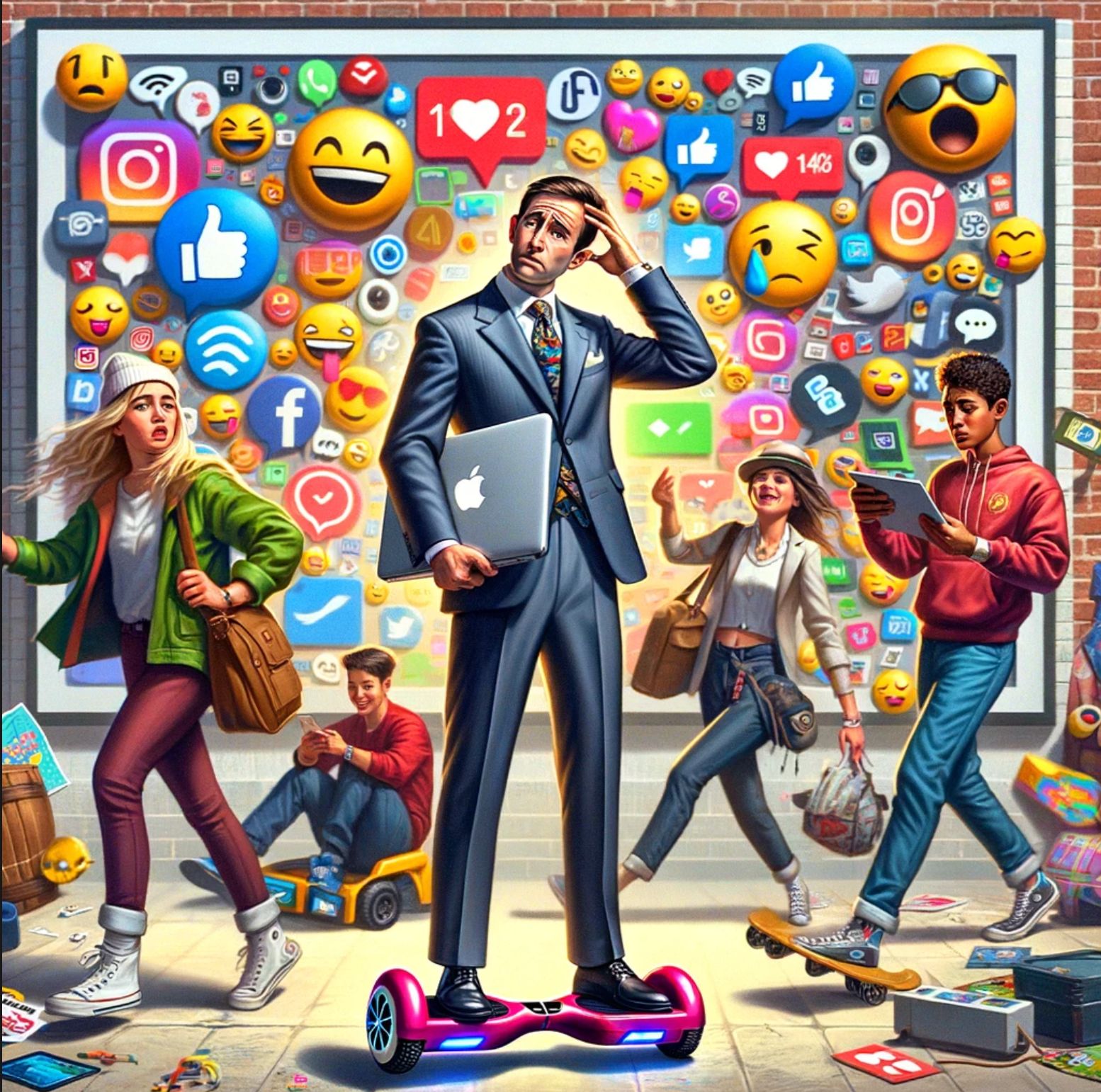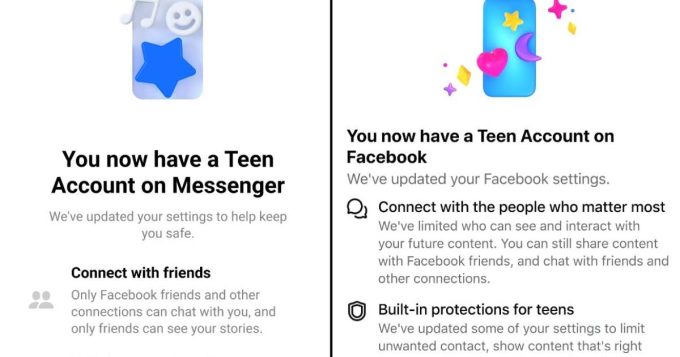Generation Z is rapidly becoming a significant market segment globally, and Pakistan is no exception. However, many brands and marketers struggle to connect effectively with this unique and complex demographic. It looks like the advertising and marketing industry in Pakistan has a handbook of 101 ways to attract Gen Z with all the cliche presets.
The Problem
Gen Z language, slang, clothing, and even popular music genres (mostly rap) are all incorporated into marketing campaigns, often in an inauthentic and cringe-worthy manner. Unfortunately, these preset are also inspired and taken from the West and don’t align with the Pakistani Gen Z. We are more than colourful clothes and badly choreographed dances.
This approach backfires more often than not, as Gen Z can easily spot attempts to exploit trends and co-opt their culture inauthentically. Instead of relying on superficial tactics, brands need to build genuine connections with Gen Z by understanding their values, interests, and the subcultures they identify with.
There are actual Gen Z working in agencies producing such mediocre content; this is where the client comes in. Brands don’t bother focusing on the insights and data to base their briefs; agencies want to keep their clients happy. However, a few creative directors are dismissive of the Gen Z culture themselves; thus, what we see on screen is what they believe a person from Generation Z will relate to, and in most cases, it doesn’t work like that.
Here are a few reasons why I think the Gen Z code is still a mystery to brands and agencies alike.
1. Lack of Understanding of Gen Z Subcultures
Generation Z in Pakistan is diverse. A wide range of interests, values, and subcultures are represented among them. By treating “Gen Z” as a monolith, we fail to understand the complexities that influence their tastes and spending habits. To successfully connect with Generation Z, marketers have to look into the subcultures that influence their worldview, such as:
- Tech-savvy Urbanites: Drawn to cutting-edge tech and global trends.
- Socially Conscious Progressives: Driven by causes like social justice and environmentalism.
- Fans of Pop Culture: Deeply engaged with entertainment, from Korean dramas to local web series.
2. Failure to Embrace Authenticity and Transparency
Pakistani GenZ is highly attuned to inauthenticity, a hallmark of many traditional advertising campaigns. They value transparency, honesty, and brands aligning with their core values. Hard-sell tactics and over-the-top messaging will likely be met with skepticism or even outright rejection. To build trust with Gen Z:
- Focus on Relatable Storytelling: Highlight real-world experiences and narratives.
- Showcase Brand Values: Emphasize social responsibility and commitment to causes that resonate with Gen Z.
- Use Influencer Marketing Cautiously: Partner with influencers who genuinely embody the brand’s message to avoid appearing inauthentic.
3. Underestimating Gen Z’s Buying Power
While Gen Z in Pakistan may not always possess direct purchasing power, their influence over family spending decisions is substantial. This generation is known for being persuasive and research-driven when making recommendations on what to buy. It’s crucial for brands to recognize:
- Indirect Influence: Gen Z’s opinions often hold significant sway in household purchases.
- Future Potential: Building brand loyalty early lays the foundation for long-term customer relationships.
- Word-of-mouth Power: Our generation spreads the word digitally about products they love and strongly expresses their bad experiences.
Connecting with Pakistani Gen Z requires a shift away from traditional marketing approaches. Businesses must invest in understanding Generation Z subcultures, embracing digital channels, prioritizing authenticity, encouraging user-generated content, and recognizing their growing influence on consumer behaviour. Failure to adapt to Gen Z’s unique preferences will lead to ineffective communication and missed opportunities in this increasingly important market segment, and sadly, this is precisely what’s happening.
Fun Fact: According to research, 85% of Generation Z online users usually get annoyed by ads interfering with their online work, 72% feel they waste too much time closing/skipping ads, whereas 70% find online ads irrelevant. So it’s not just about making ads for this generation; it’s about being relevant.










